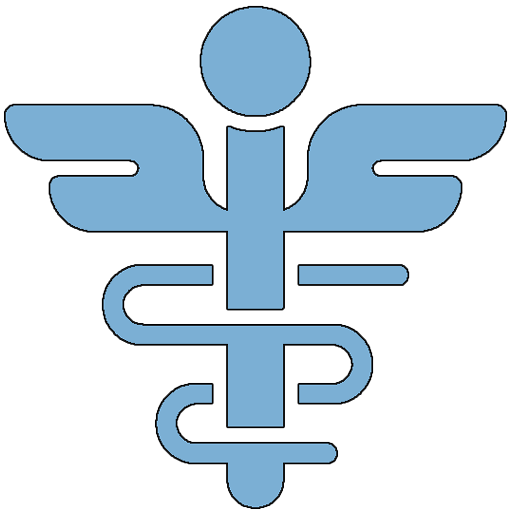If you’re considering a career as a medical assistant in North Carolina, one of the first questions you might ask is whether certification is required. While the short answer is no—North Carolina does not legally require medical assistants to be certified—there’s much more to consider. From employer expectations to salary potential, certification can play a significant role in shaping your career path.
Is Certification Legally Required for Medical Assistants in North Carolina?
In North Carolina, medical assistants are classified as “unlicensed assistive personnel.” This means the state does not require licensure, registration, or certification to legally work as a medical assistant. Unlike professions such as nursing or radiologic technology, there is no state board overseeing medical assistants, and the law does not mandate any specific credentials.
This lack of regulation gives healthcare providers flexibility in hiring. However, that doesn’t mean certification isn’t important—especially when it comes to getting hired and moving up in the field.
Even though the state doesn’t require it, many employers do. Clinics, hospitals, and private practices across North Carolina—especially in cities like Greensboro—often prefer or require applicants to hold a nationally recognized certification. Employers see certification as a sign that a candidate is trained, knowledgeable, and ready to contribute safely and efficiently in a clinical setting.
In fact, some reports suggest that up to 87% of healthcare employers prefer to hire certified medical assistants. Certification can be the deciding factor between two otherwise equal candidates.
There are several national certifications available to medical assistants. These include:
- CMA (Certified Medical Assistant) through the American Association of Medical Assistants (AAMA)
- RMA (Registered Medical Assistant) through American Medical Technologists (AMT)
- CCMA (Certified Clinical Medical Assistant) through the National Healthcareer Association (NHA)
- NCMA (National Certified Medical Assistant) through the National Center for Competency Testing (NCCT)
Each of these credentials is recognized nationally and may be preferred by different employers based on their organizational standards or affiliations.
Certified medical assistants often have a competitive edge in the job market. In addition to improving job prospects, certification can open the door to more advanced responsibilities, such as administering EKGs, drawing blood, or managing patient records. Many certified medical assistants also report higher pay rates and better access to benefits compared to their non-certified peers.
Medical assistants in North Carolina work under the supervision of licensed healthcare professionals. Their responsibilities often include taking vital signs, preparing exam rooms, collecting lab specimens, scheduling appointments, and assisting with minor procedures.
However, certain tasks are always off-limits—regardless of whether you’re certified. Medical assistants in North Carolina cannot prescribe medications, suture wounds, perform injections like Botox, assist in surgeries, or conduct acupuncture. These duties fall outside the legal scope of practice for all medical assistants in the state.
If you’re ready to pursue certification, the first step is completing an accredited training program. Look for programs that are approved by the Commission on Accreditation of Allied Health Education Programs (CAAHEP) or the Accrediting Bureau of Health Education Schools (ABHES). Local options in the Greensboro area include Guilford Technical Community College (GTCC), Wake Technical Community College, and North Carolina A&T State University.
After completing your training, you’ll need to pass a certification exam from the organization that offers your chosen credential. Most exams require that you’ve completed an accredited program or have relevant work experience. Some certifications also require you to be 18 years old or older and have a high school diploma or GED.
Once certified, you’ll need to maintain your credentials through continuing education or periodic re-certification exams. For example, the CMA credential must be renewed every five years, while some others require annual renewal.
The job market for medical assistants in North Carolina is strong. Employment is projected to grow by about 15% over the next decade, with tens of thousands of job openings expected across the state. According to recent data, the median annual salary for medical assistants in North Carolina is approximately $40,190, or around $19.30 per hour. Certified professionals often earn more, especially in competitive markets like Greensboro, Raleigh, and Charlotte.
While North Carolina doesn’t require medical assistants to be certified, obtaining a nationally recognized credential is a smart move. Certification can enhance your job prospects, increase your earning potential, and give you access to a broader range of clinical duties. For aspiring medical assistants in Greensboro and beyond, becoming certified isn’t just a box to check—it’s a meaningful investment in your career.
Helpful Resources
- AAMA (CMA certification)
- AMT (RMA certification)
- NHA (CCMA certification)
- NCCT (NCMA certification)
- CAAHEP Accredited Programs
- ABHES Accredited Programs
Thinking about certification? Explore accredited medical assistant programs in Greensboro to take the next step toward your future in healthcare.
